Life In Abidjan, Food, Languages, System Of Govt
By Esther Oladeji
The Republic of Cote d’Ivoire (Ivory Coast) is a representative presidential democracy. The country was established as an independent republic in 1960 having a centralized government within the constitutional framework.
During the leadership of the first president, the country flourished economically despite the dictatorial regime featuring intolerance for the opposition.
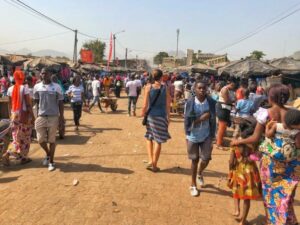
Towards the end of the 20th century, calls for democracy led to political tensions within the country culminating in the first Ivorian civil war in 1999.
The civil war led to the adoption of a new constitution in 2000, which established a unitary government. However, the political condition in the country failed to change resulting in the second Ivorian civil war in 2011.
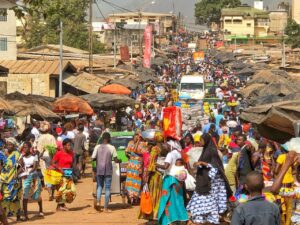
The two civil wars are associated with the transition of Cote d’Ivoire from a despotic regime to a democracy rather than hostility between ethnic factions.
The second civil war prompted the establishment of a transitional government and the adoption of the new constitution in 2016.
The Executive Branch Of The Government Of Côte D’Ivoire
The government exercises executive power in the republic with the president serving as the chief of state and government.
He appoints cabinet members including the prime minister and the vice president. All cabinet members are answerable to the president.
The Ivorian president, elected by a two round system, serves for five-year terms and may vie for the presidency as many times as he wishes. By agreement of the UN Security Council and the African Union, the current prime minister is an appointee of the international community.
The Legislative Branch Of The Government Of Côte D’Ivoire
Currently, the legislature exists as a unicameral body of 225 members. The national assembly members serve for five-year terms. Parliamentary elections are by a simple majority vote system in the single and multi-seat constituencies.
The main responsibility of the Parliament is passing legislation from the president and sometimes introducing new legislations.
A bicameral parliament will replace the current parliament, where the national assembly will serve as the lower house while the Senate will be the upper house. The Senate will consist of 120 members 40 of whom will be appointed by the president, and the rest will be elected by municipal and regional council members.
The Judicial Branch Of The Government Of Côte D’Ivoire
Cote d’Ivoire is established through a civil law system reflecting the French civil law system. The constitution establishes the judiciary as an independent branch of the government but places it under the authority of the president.
The Supreme Court is the highest in the court system whose judges the president appoints. Also in the Ivorian court system are the courts of appeal, courts of the first instance and peace courts. Also within the judicial system is the high court of justice, which tries government officials.
The New Constitution
In a bid to avoid the occurrence of another war in the country, the government introduced the 2016 constitution, which had the approval of the majority of the voters in the country. The constitution establishes the country as a democracy with a joint presidential and vice presidential election, a bicameral parliament and grants the rights and freedoms to all citizens including minority groups. The first elections under the new constitution are scheduled for 2020. The constitution also requires presidential candidates to be a full Ivorian citizen and aged at least 35 years. The presidential term will also be limited to a maximum of two five-year terms.
Citizenship
Citizenship of ivory Cote may be acquired upon fulfillment of either of these conditions, person must have resided in the country for at least five years, also,person must have made a significant investment in the country or rendered a special service. Dual citizenship is also recognized
FOOD
Attiéké is a traditional Ivorian couscous consisting of fermented and ground cassava roots. It is usually accompanied by sliced onions, tomatoes, grilled chicken, or fried fish. This tasty dish is consumed by people of all ages for breakfast, lunch, and dinner, although it is traditionally prepared exclusively by women.
Attieke, Kedjenou, YassSauce d’ arachide, plam nut soup, cassava and plantain fufu Konkonte, Dumboy, Tostones, Dumboy, plakali,
Originating from the Ivory Coast, kedjenou is a traditional chicken stew prepared with chicken pieces, eggplants, tomatoes, okra, onions, chili peppers, ginger, thyme, garlic, and chicken broth. The ingredients are placed in a sealed clay pot called canari, which is then placed over hot coals.
The pot is periodically shaken to keep the ingredients from sticking to the pot. Due to the fact that poultry is not so tender in the area, the stew is cooked for a long time. When done, kedjenou is typically served with attiéké (a starchy side dish) or white rice on the side.
What To Know Before Picking Ivory Coast As Your Destination
Before I go into that,for someone who tends to go to ivory coast for anything would have known where he or she wants to stay or land for her shelter, Ivory coast is a secure country in the Sense that if you don’t know anyone there it will be hard for survival
As at now ivory coast money which is known as CFA is is getting closer to naira in value.
The economic there is superb irrespective of the gender if you can work, then it’s sure you will earn too.
For a student, he or she needs student’s identification card or national identification card before heading to Ivory from any part of the world.
That’s all for students while for aged ones need like international passport or embassy card procedured for traveling.
Moving from Nigeria to Ivory Coast
This will take you From Nigeria to Benin Republic from there to Togo from there to Ghana then from there to AKWABA, then to Ivory Coast.
Ivory Coast, or Côte d’Ivoire in French, is a country located on the coast of West Africa with Abidjan as her capital. It has population of nearly 24 million people is divided between a number of indigenous ethnic groups and expatriates.
The vast majority of people, around 70%, identify as Akan, with the Voltaiques or Gur and Northern Mandé groups the next largest, at 16.5% and 11% respectively. The rest of its native inhabitants are either Krous or Southern Mandé, which account for around 10% of the population each.
Due to its historical ties with France, there is also a large French community, as well as groups of other expatriates, who are located mainly in the cities. Although the official language of Ivory Coast in French, most people also speak one of the many indigenous languages, including Cebaara Senufo, Baoulé, Dioula, and Dan. With regards to religion, there are various indigenous faiths, but Christianity and Islam are the major religions.
The Climate in Ivory Coast
Expatriates moving to Ivory Coast will need to adjust to a warm and humid climate. The climate varies throughout the country, with some areas experiencing an equatorial or tropical rainforest climate, characterized by varying temperatures, humidity, and high levels of precipitation throughout the year, whilst some areas have a tropical climate, with consistent temperatures, high humidity, and wet and dry seasons.
There are roughly three seasons: a warm and dry season that runs from November to March; a hot and dry season, usually from March to May; and a hot and wet season from June to October. Temperatures vary throughout the country, but on average expatriates living in Ivory Coast can expect temperatures between 25°C and 32°C, with it sometimes reaching as high as 40°C.
Getting to Ivory Coast
Expatriates moving to Ivory Coast will usually enter the country by air, arriving at its major international airport, Port Bouet Airport, which is located in Abidjan, the largest city. Port Bouet Airport is home to the national flag carrier, Air Côte d’Ivoire, which runs almost all of the flights in and out of the country. Although there are six other airports with paved runways in Ivory Coast, many of these only accommodate local, chartered aircrafts. So many expatriates moving to Ivory Coast fly
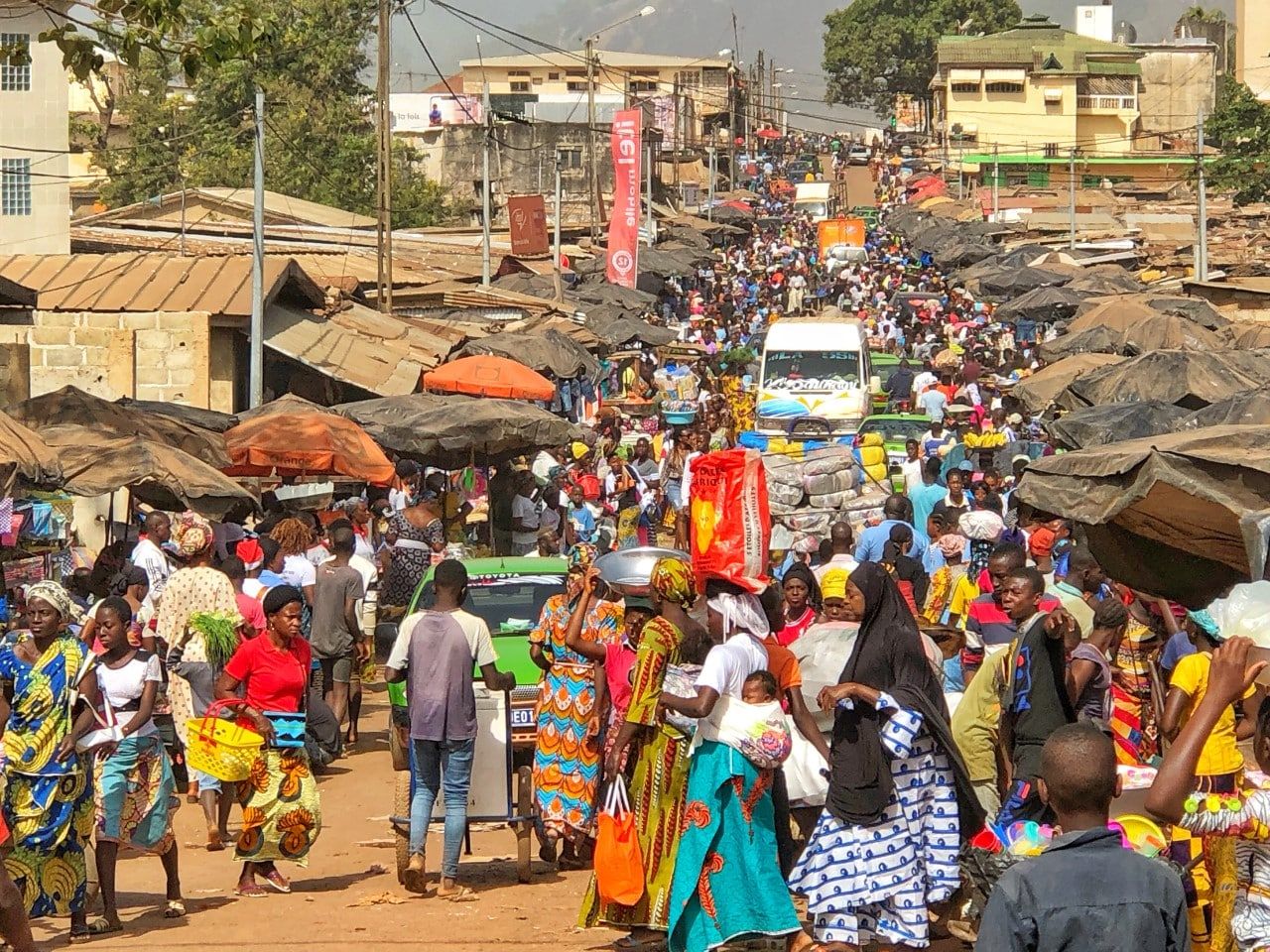

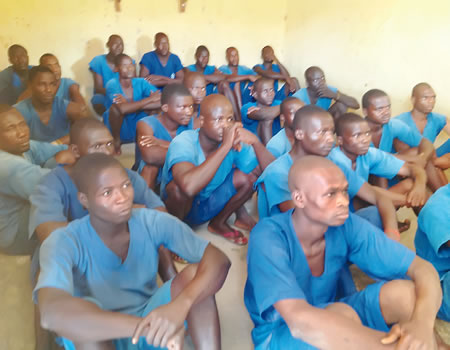

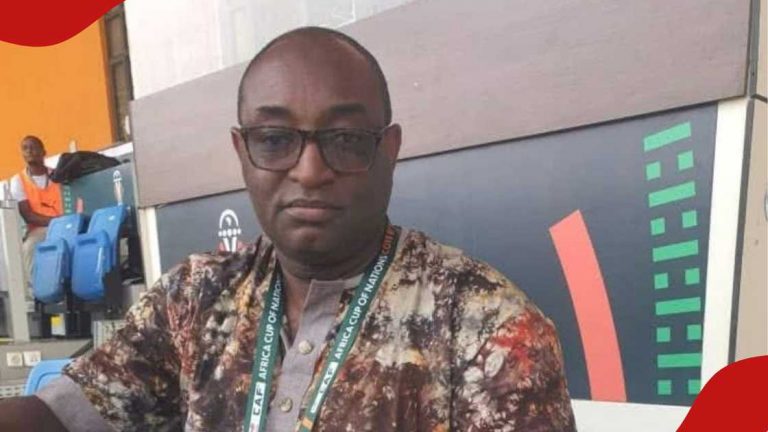






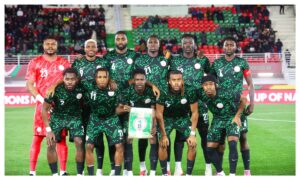



Post Comment